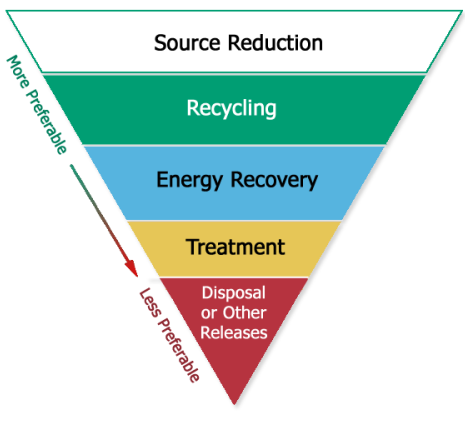Production Related Waste Management for Selected Chemical
lchemid=0000071432
Waste Management Comparison - 2020
Pollution Prevention Activities for Selected Chemical
| Reporting Year | Section 8.10: Newly Implemented Source Reduction Activity | Section 8.10: Methods to Identify Activity | Section 8.11: Optional Pollution Prevention Information* |
|---|---|---|---|
| 2021 | |||
| 2020 |
Other Environmental Practices: Waste Treatment - Flares and VCU - 98% efficiency |
||
| 2019 |
Other Environmental Practices: Waste Treatment - Flares - 98% efficiency |
||
| 2018 |
Other Environmental Practices: Waste Treatment - Flaring |
||
| 2017 |
Other Environmental Practices: General Environmental Management - New air emission reduction equipment was installed in March of 2015. |
||
| 2016 |
Other Environmental Practices: General Environmental Management - New air emission reduction equipment was installed in March of 2015. |
||
| 2015 |
Other Environmental Practices: General Environmental Management - New air emission control equipment was installed in March 2015. |
||
| 2014 |
Other Barriers to Source Reduction - New air emission reduction equipment planned for installation and operation in early 2015. |
||
| 2013 |
Other Barriers to Source Reduction - Unable to change make-up of raw material (crude oil) since it is naturally occurring. |
TRI Pollution Prevention Glossary
The Waste Management Hierarchy |
The waste management hierarchy established by the Pollution Prevention Act (PPA) guides waste generators toward the best options for managing wastes.
The preferred option is to prevent pollution at its source, but for waste that is generated, the preferred management methods are recycling, followed
by burning for energy recovery, treatment and, as a last resort, disposing of the waste.
|
- A breakdown of production-related waste managed. This includes all amounts of the chemical released directly to the environment or otherwise managed as waste, other than waste generated by one-time events not associated with normal production processes (e.g., fires or remedial actions).
- A production ratio or activity index to provide context for reported toxic chemical quantities. For example, if a chemical is used in the manufacture of refrigerators, the production index would track the number of refrigerators produced and could be used to help gauge how much of the chemical is being released per unit of production.
- Any newly implemented source reduction activities, reported using "W-codes" (e.g., "W41: Increased purity of raw materials")